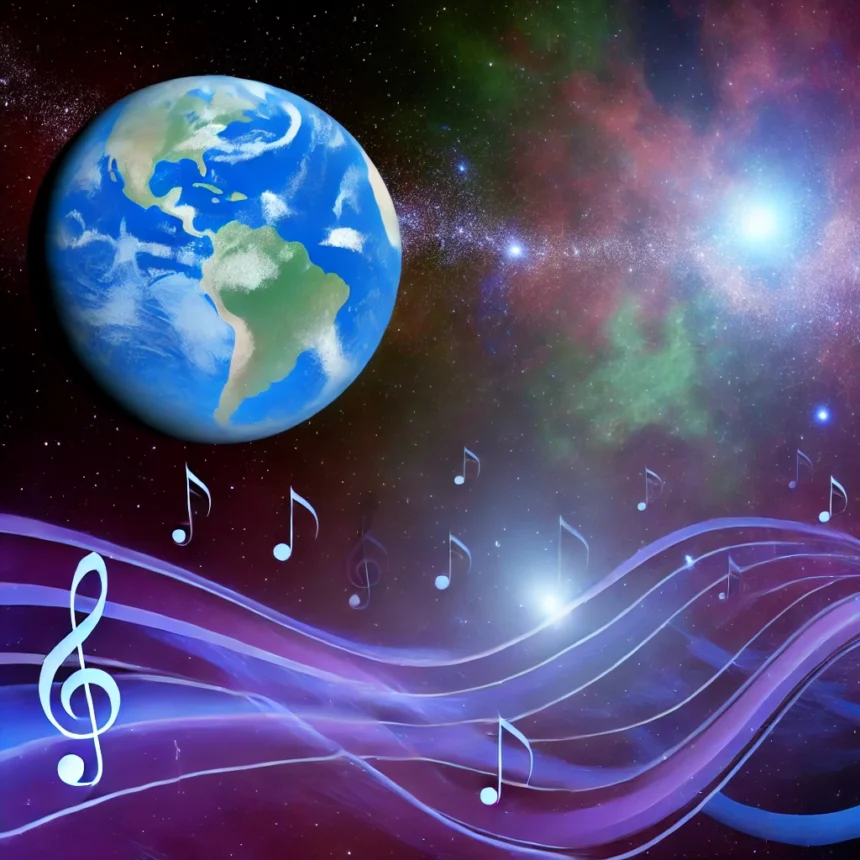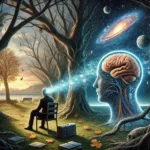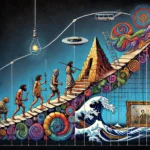Gaia, a planet in a stage of development that requires isolation from the rest of the cosmos, is home to a restless, creative and deeply emotional humanity. Although contacts with other civilizations are forbidden except in exceptional circumstances, Gaian melodies and compositions have transcended its atmosphere. Quietly admired by far more advanced civilizations, the music of Gaia has become a source of inspiration in distant corners of the universe.
No other known world combines as many genres, styles and rhythms as Gaia.
This article explores how Gaian compositions, steeped in history and emotion, are perceived by other civilizations and what impact they might have in an intergalactic context.
The Universal Power of Music
From a cosmic perspective, music is more than just a cultural expression; it is a universal language that transcends linguistic and biological barriers. Gaians, with their diversity of cultures and musical styles, have demonstrated a unique ability to capture complex emotions and convey them through sound.

Civilizations that have studied Gaia from afar have identified three fascinating characteristics in their music:
Emotional richness: Gaian compositions contain a range of emotions that other civilizations find difficult to replicate. From the effusive joy of a rock concert to the melancholy of an adagio, each piece reflects the intensity of the human experience.
Technical innovation: Despite their limited cosmic technology, Gaians have developed musical instruments and techniques that resonate with a complexity that transcends their time. The piano, for example, is considered a marvel on several worlds.
Stylistic diversity: No other known planet combines as many genres, styles and rhythms as Gaia. Folk, classical, electronic or experimental music all coexist and constantly evolve.
Bad navigation is an especially common problem. We’ve all struggled to find things on disorganized websites without any logical structure. It feels hopeless.
How is Gaian music perceived on other worlds?
Although advanced civilizations are forbidden to interfere directly on Gaia, many have discovered its music through accidental transmissions (such as those sent by satellites and radio waves). These melodies, although created for consumption on Gaia, have been reinterpreted and appreciated in completely different contexts.
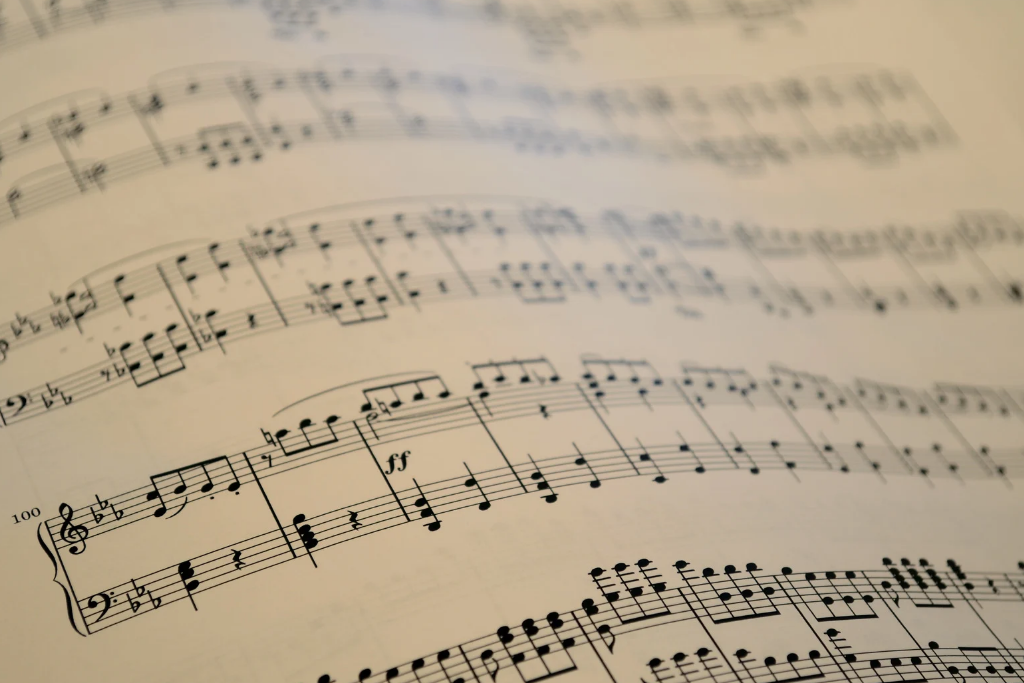
- An emotional mirror: For many civilizations, Gaian music is not only art; it is a mirror of universal emotions that they believed to be exclusive to their species. Songs such as John Lennon’s “Imagine” or Beethoven’s “Ode to Joy” have been the subject of in-depth analysis for their values of peace and brotherhood.
- Source of inspiration: On some worlds, alien composers have attempted to emulate Gaian styles, adapting them to their own instruments and sound scales. Although the results vary, Gaia’s influence on these works is undeniable.
- A technical mystery: For civilizations with different auditory systems, Gaian music is both a sensory and technical challenge. Some worlds cannot interpret the rhythm of a drum kit or the notes of a violin, but find its structural complexity fascinating.
Iconic Gaian works in the cosmos
Among the most admired Gaian compositions outside of their planet are:
- Beethoven’s Ninth Symphony: Considered a masterpiece that unites the emotional with the transcendental, it is studied for its ability to connect the listener with a sense of immensity and hope.
- “Bohemian Rhapsody” by Queen: Admired for its unconventional structure and its ability to combine genres in a single piece.
- “Clair de Lune” by Debussy: A work that, for multi-galactic listeners, captures the serenity of the night in an almost universal way.
- Folk music: Traditional songs from diverse cultures are seen as an authentic portrait of Gaia’s collective soul.
- Modern electronic works: Some composers from worlds far removed from each other find Gaia’s electronic music fascinating for its closeness to their own methods of sound production.
The cultural impact beyond Gaia
Although Gaia remains in isolation, its music has generated debates in intergalactic circles about the relationship between art and development. How can a technologically primitive planet produce such sophisticated art? Some suggest that Gaian music could be the prelude to a humanity capable of making a significant contribution to universal culture once it overcomes its internal conflicts.
His music already resounds in remote corners of the cosmos.
Gaia’s lessons for the cosmos
For many civilizations, Gaian music is a reminder that art can emerge at any stage of development and that its impact transcends technological limitations. As Gaia struggles with her own challenges, her music has already found a place in the heart of the stars.
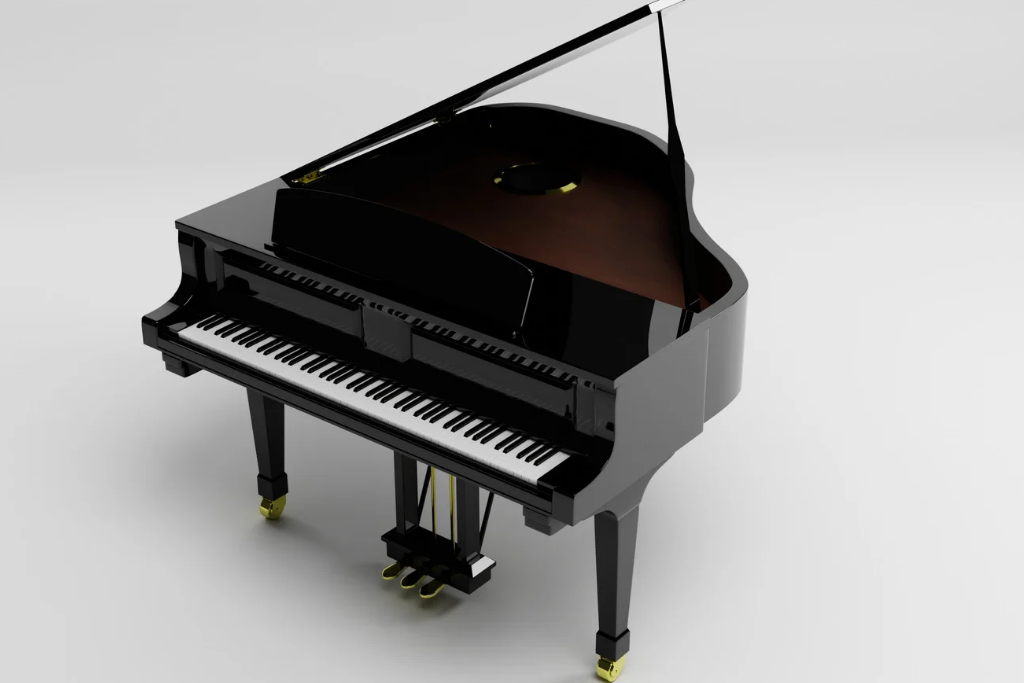
GAIA, isolated but never alone
Gaia, isolated but never alone, has shown that art does not need to travel in spaceships to reach other worlds. Their music, charged with emotion and creativity, already resonates in distant corners of the cosmos, touching fibers that few things can reach. Could this connection be the first step towards a future of intergalactic understanding and collaboration when first contact finally reaches the third planet of SOL1?


